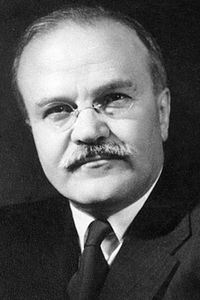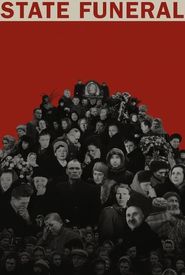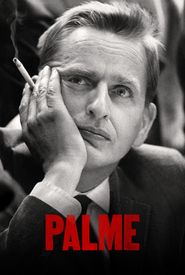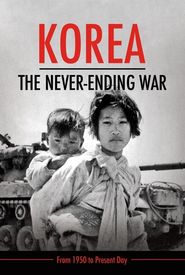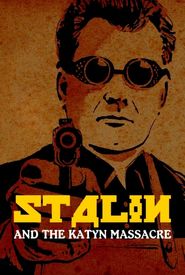Vyacheslav Mikhailovich Molotov, a Russian statesman and diplomat of considerable renown, entered this world on February 25, 1890, and ultimately departed this mortal coil on November 8, 1986. Throughout the 1920s and beyond, he played a pivotal role in the Soviet government, serving as a prominent figure within the inner circles of power.
Person Biography:
Vyacheslav Mikhailovich Molotov was born in Vyazma, Russia, on February 25, 1890. His early life was marked by a strong interest in politics, which was sparked by his involvement with the Russian Social Democratic Labour Party (RSDLP). In 1906, he joined the Bolshevik faction of the party, and by 1917, he had become a prominent figure within the Bolshevik movement.
In the years following the Russian Revolution, Molotov rose through the ranks of the Soviet government, becoming a member of the Politburo in 1921. He played a key role in shaping Soviet foreign policy, serving as the country's Foreign Minister from 1939 to 1949 and again from 1953 to 1956. During his tenure in this position, he was instrumental in negotiating the Molotov-Ribbentrop Pact with Germany in 1939, as well as the Soviet Union's participation in the Yalta Conference in 1945.
Molotov's career was not without controversy, however. He was known for his hardline stance on many issues, and his role in the Soviet Union's purge trials of the 1930s has been widely criticized. He was also a vocal critic of Soviet leader Nikita Khrushchev, and his relationship with the latter was strained.
Despite these controversies, Molotov remained a powerful figure within the Soviet government until his death on November 8, 1986. Throughout his long and eventful life, he played a significant role in shaping the course of Soviet history, and his legacy continues to be felt to this day.
Molotov's illustrious career in Soviet politics spanned multiple decades, with a notable stint as Chairman of the Council of People's Commissars, a position he held from 1930 to 1941, overseeing the country's executive branch during a pivotal period in its history.
Later, he took on the critical role of Minister of Foreign Affairs, serving in this capacity from 1939 to 1949, where he played a significant part in shaping the Soviet Union's foreign policy during World War II and the post-war era.
In a remarkable display of dedication and commitment, Molotov returned to the Ministry of Foreign Affairs in 1953, serving in this position until 1956, leaving an indelible mark on the country's international relations and cementing his legacy as a shrewd and influential statesman.
